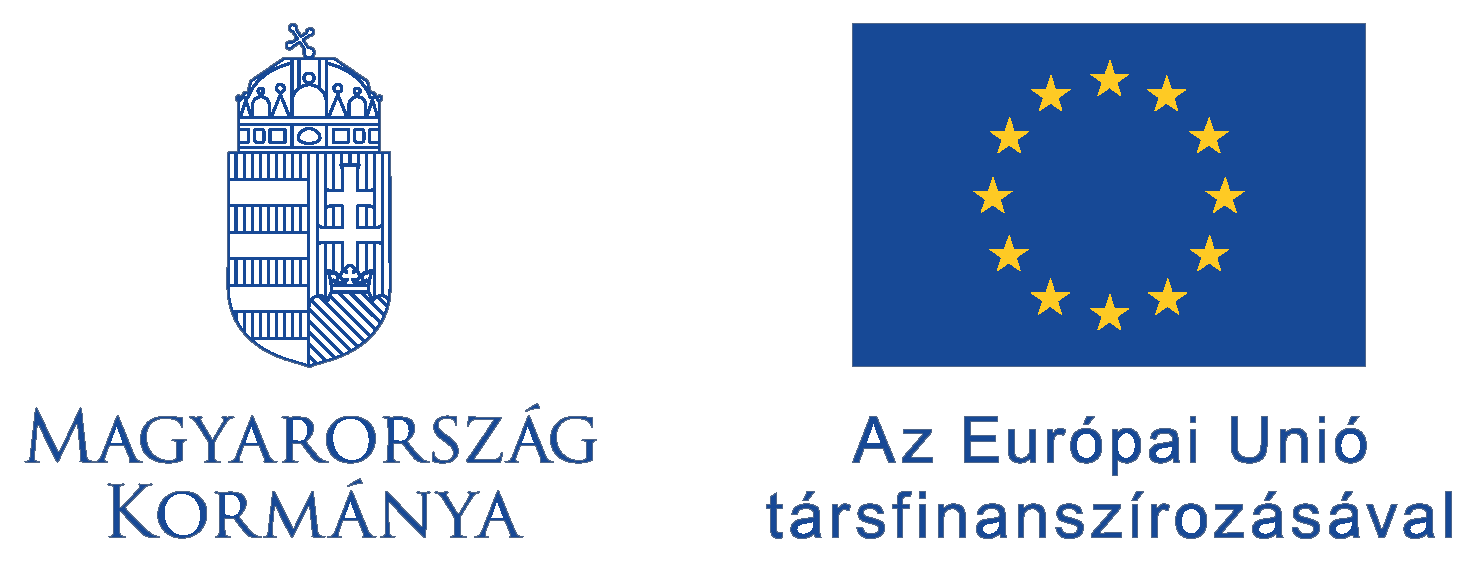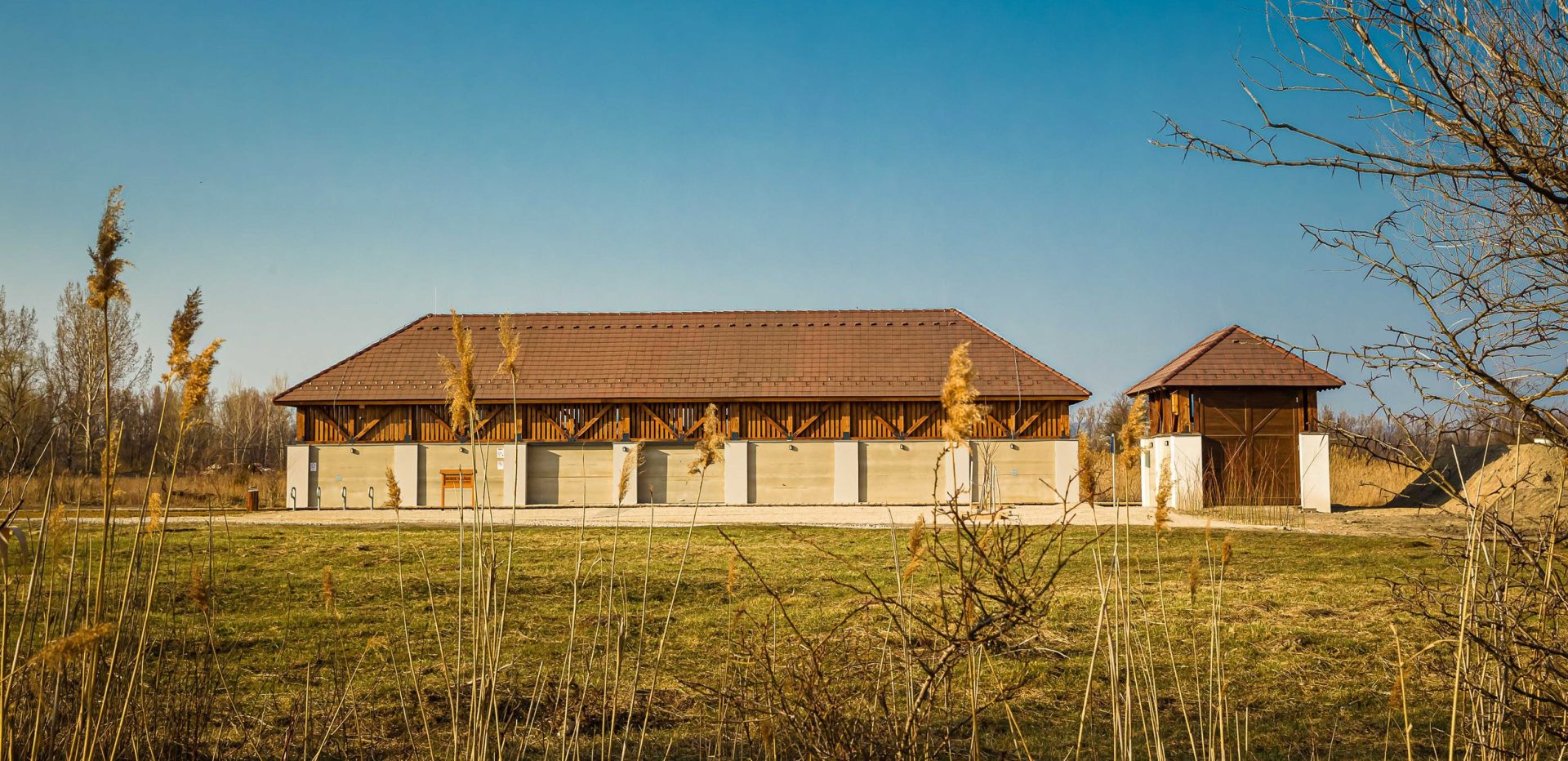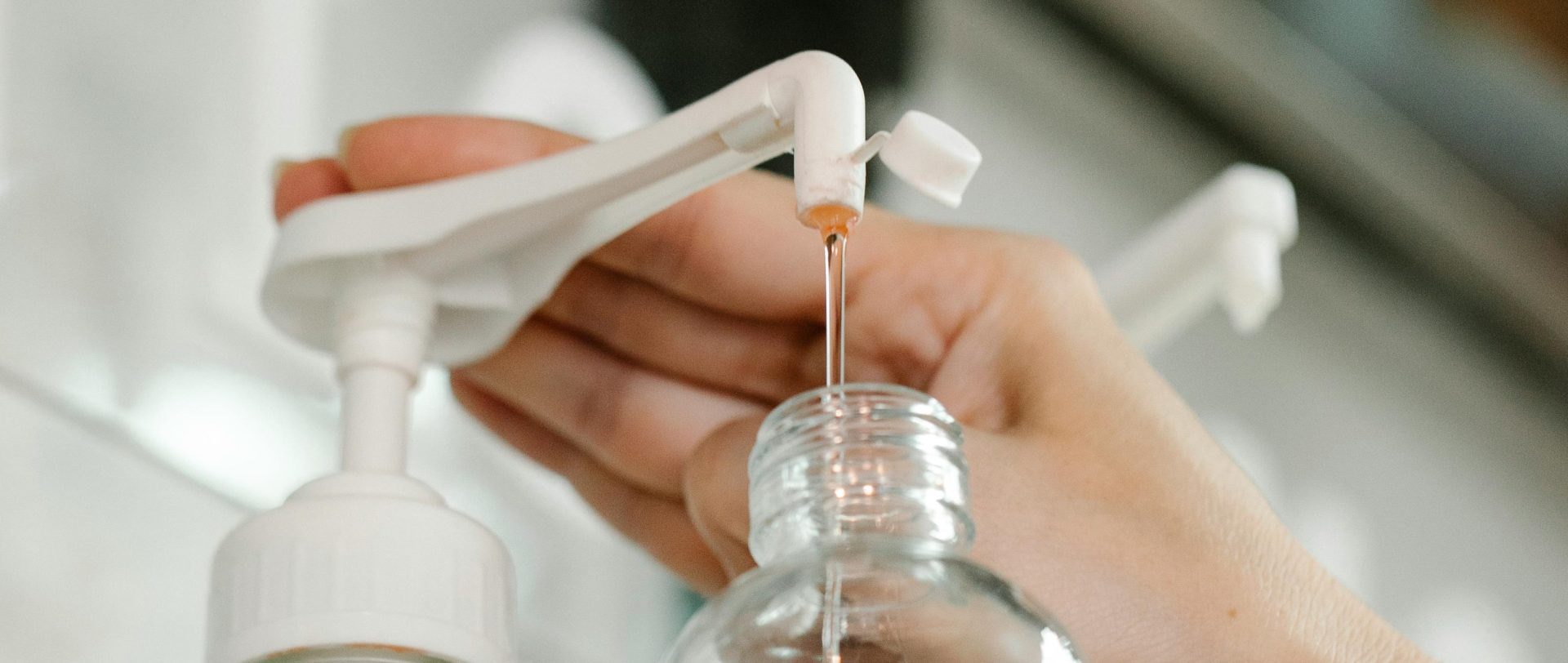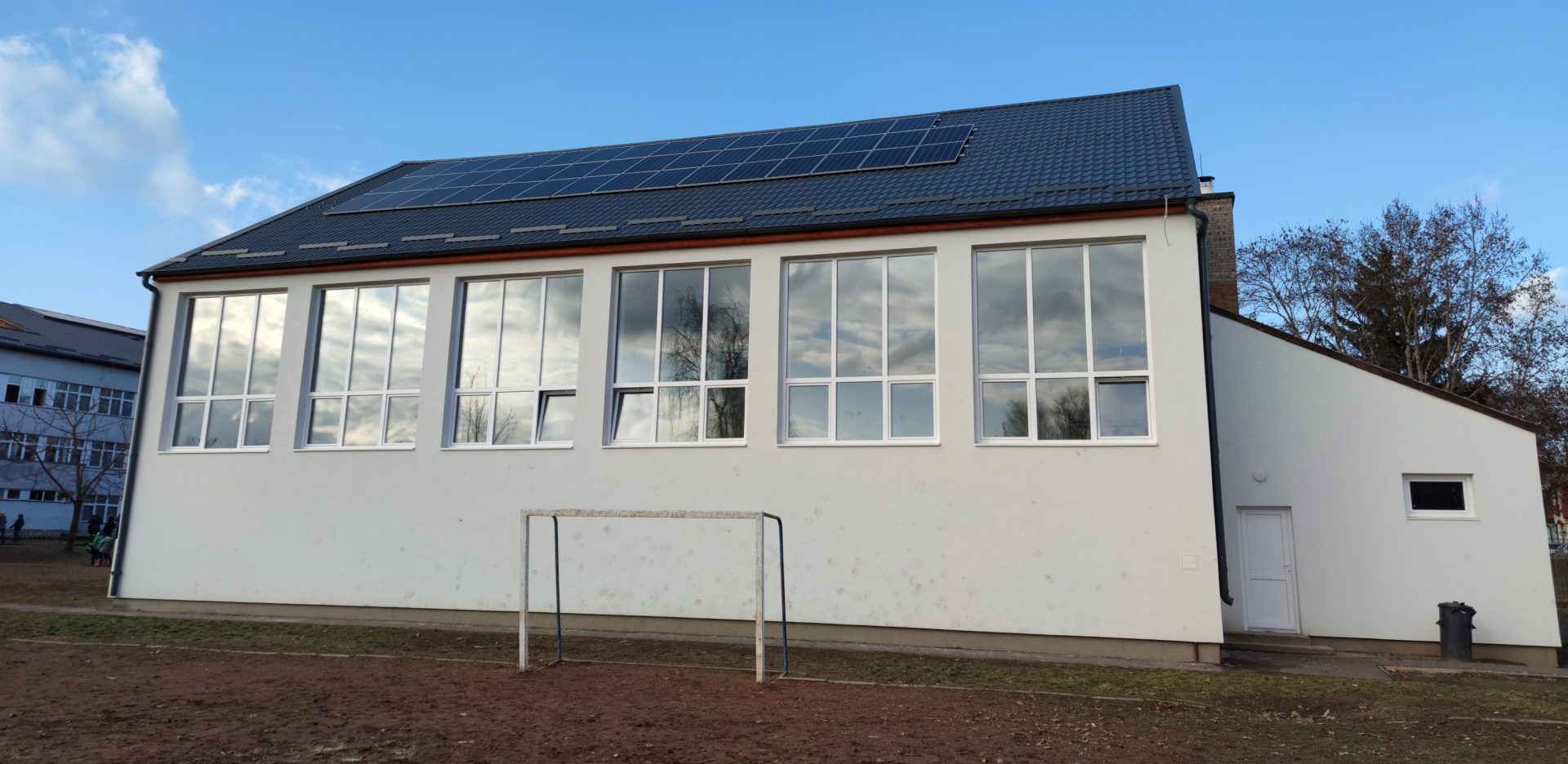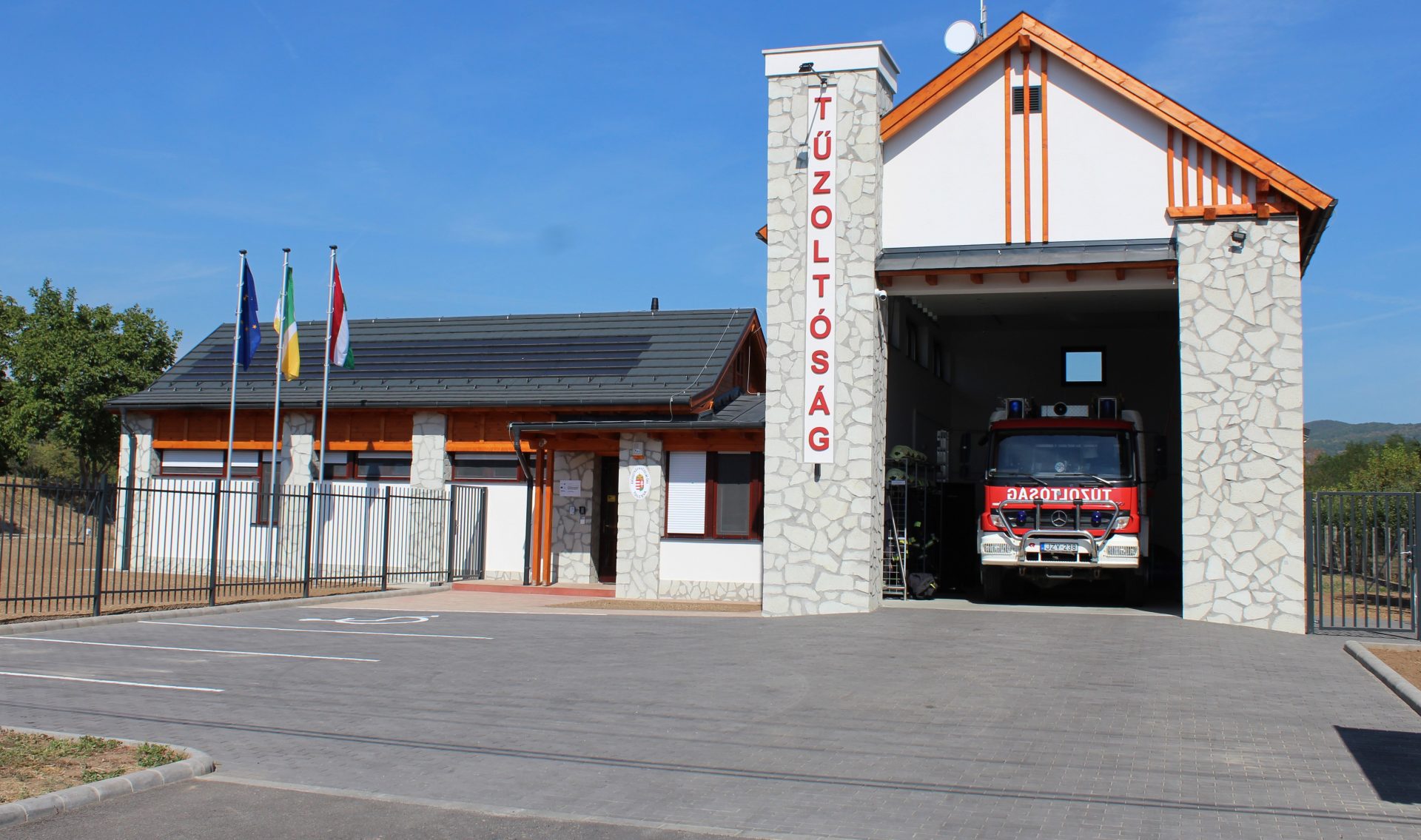Seemingly incurable ulcers were successfully treated at the University of Szeged within the framework of this European Union project. The university, as a consortium member, received support from the EDIOP’s research and development area.
The beneficiary of the project was Solvo Biotechnology Ltd., which merged with another subsidiary, Charles River Laboratories Hungary Kft., located in Hungary, in December 2022. They continued the project’s implementation. In this pharmaceutical industry-related, stem cell-based R&D project, the biotechnology company aimed to improve the efficiency of drug development, given its costly and time-consuming nature, especially in testing. Often, during development, the effects of a drug on the body are examined using liver cells. One of the project’s most important outcomes was that the university researchers successfully created liver cells from stem cells. Stem cells were collected through liposuction performed at the clinic, and the transformed liver cells were tested and characterized by SOLVO. With the support of EDIOP, it was possible to purchase significant and expensive instruments, equipment that modern laboratory technologies require. In addition, the University of Szeged established a GMP Cell Therapy laboratory and a related “Clinical Phrase 1” examination facility.
The collaboration confirmed that it is possible to efficiently produce liver cells from stem cells for the industry. This significantly reduces the cost and time required for drug development, allowing new drugs proven to be effective to enter the market more safely and quickly after successful development. The researchers at the university were also interested in exploring the use of stem cells in other areas, such as dermatology. The experiment conducted at the University of Szeged’s Dermatology and Allergology Clinic provided answers to this question, using the laboratory methods developed in the project during clinical trials. This was the cell therapy procedure successfully performed on difficult or non-healing venous and leg ulcers caused by diabetes. Patients had intensive wound healing in the first weeks, and most of those who had suffered from persistent ulcers for many years left the university with healed ulcers.
Beyond the business feasibility of the project, one of the most important outcomes is the establishment of a knowledge-based relationship among the consortium partners, laying the groundwork for long-term professional collaboration. The project participants are now seeking new challenges, hoping that a sustainable, well-established research facility has been created due to European Union funding, and only imagination limits what further diseases they can collaborate to overcome.
The program was implemented with European Union funding in the GINOP-2.2.1-15-2017-00047 project under the Economic Development and Innovation Operational Programme.
Find out more about the project in the Project Finder: Details


